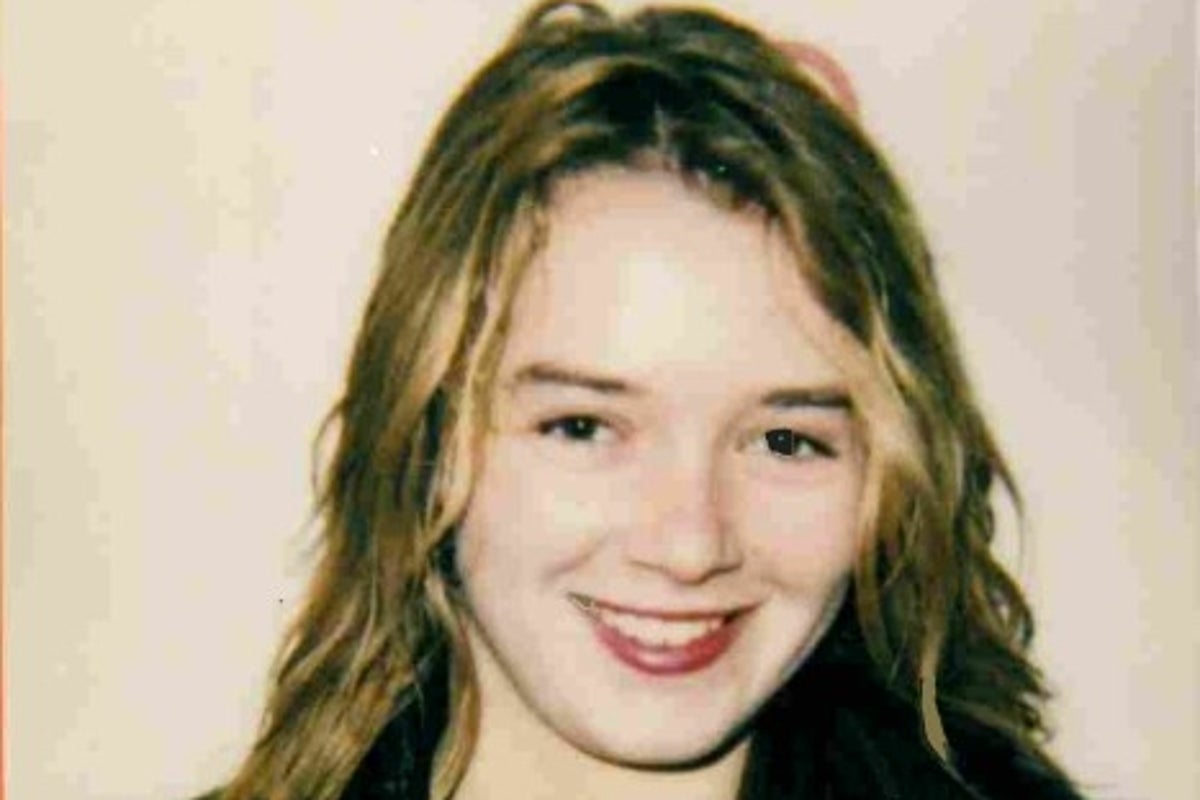A selfie can be used as a tool to help doctors determine a patient’s “biological age” and judge how well they may respond to cancer treatment, a new study suggests.
Because humans age at “different rates” their physical appearance may help give insights into their so-called “biological age” – how old a person is physiologically, academics said.
The new FaceAge AI tool can estimate a person’s biological age, as opposed to their actual age, by scanning an image of their face, a new study found.
A person’s biological age, which is a predictor of their overall health and can be a predictor of life expectancy, is based on many factors including lifestyle and genetics, researchers from Mass General Brigham in the US said.
But they wanted to examine whether or not biological age could be examined based on how a person looks – similar to what doctors call an “eyeball test” whereby certain judgments are made based on how a person looks, such as whether or not someone could undergo intensive cancer treatment based on how frail they appear to be.
Researchers said they wanted to see whether they could “go beyond” the “subjective and manual” eyeball test by creating a “deep learning” artificial intelligence (AI) tool which could assess “simple selfies”.
The new algorithm was trained using 59,000 photos.
“Our study now has shown for the first time that we can really use AI to turn a selfie into a real biomarker source of ageing,” said Dr Hugo Aerts, corresponding author of the paper.
He said the tool is low cost, can be used repeatedly over time and could be used to track an individual’s biological age over “months, years and decades”.
“The impact can be very large, because we now have a way to actually very easily monitor a patient’s health status continuously and this could help us to better predict the risk of death or complications after, say, for example, a major surgery or other treatments,” he added.
Explaining the tool, academics showed how it assessed the biological age of actors Paul Rudd and Wilford Brimley based on photographs of the men when they were both 50 years old.
Rudd’s biological age was calculated to be 42.6, while Brimley, who died in 2020, was assessed to have a biological age of 69.
The new study, published in the journal Lancet Digital Health, saw the tool used on thousands of cancer patients.
FaceAge was used on 6,200 patients with cancer using images taken at the start of their treatment.
The academics found that the biological age of patients with cancer was, on average, five years older than chronological age.
They also found that older FaceAge readings were associated with worse survival outcomes among patients with cancer, especially in people who had a FaceAge older than 85 years old.
The authors concluded: “Our results suggest that a deep learning model can estimate biological age from face photographs and thereby enhance survival prediction in patients with cancer.”
Dr Ray Mak, co-senior author on the paper, added: “We have demonstrated that AI can turn a simple face photo into an objective measure of biological age, that clinicians can use to personalised care for patients, like having another vital sign data point.”
He said that it is “another piece of the puzzle like vital signs, lab results or medical imaging”.
But he added: “We want to be clear that we view AI tools like FaceAge as assistance provide decision support and not replacements for clinician judgment.”
More studies assessing FaceAge are under way, including whether it could be used for other conditions or diseases and what impact things like cosmetic surgery or Botox have on the tool.


